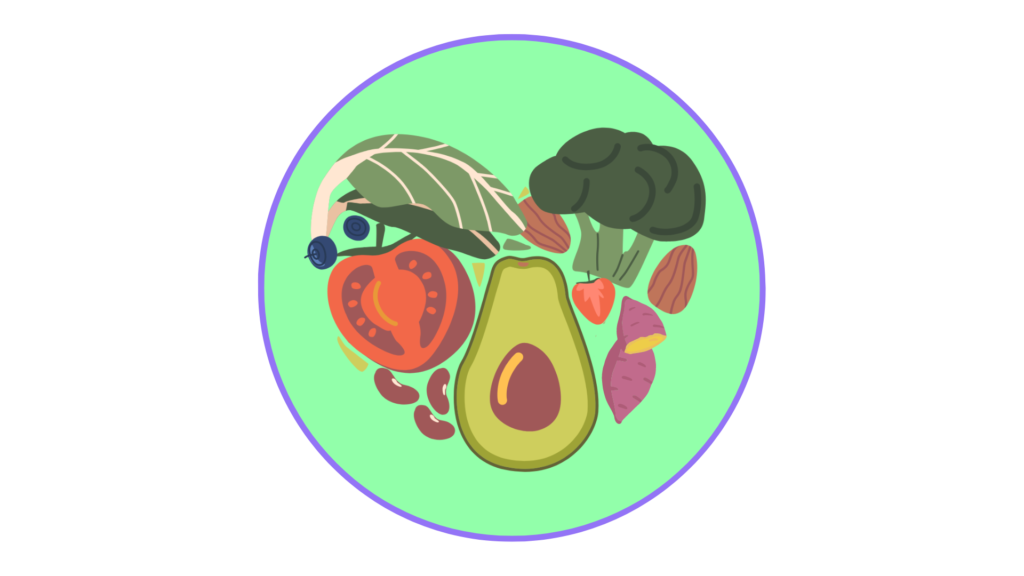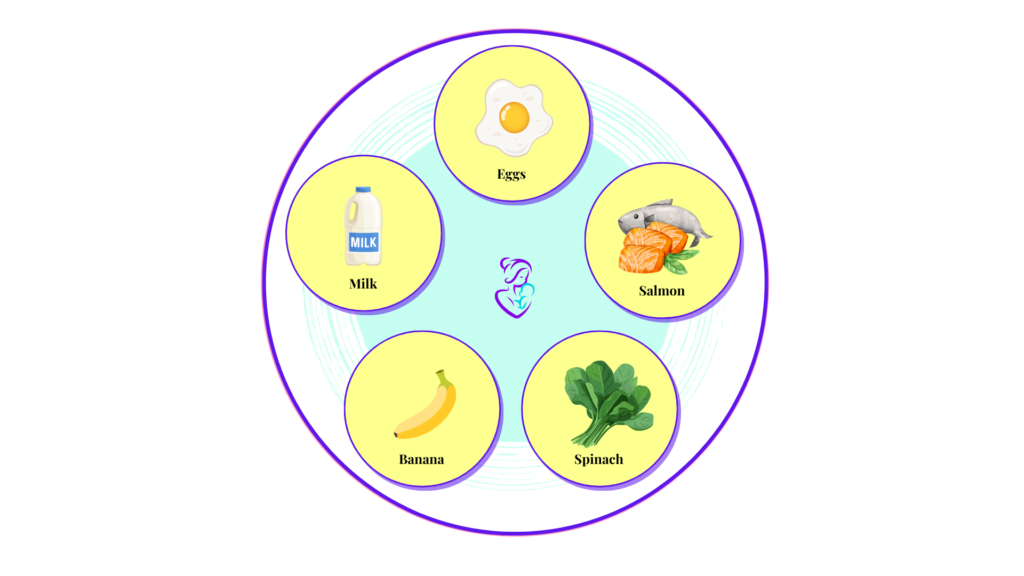Pregnancy Food Cravings
Published : 02/06/2024
Last updated: 02/06/2024
During pregnancy, if you have food aversions or strong cravings, it’s vital to be mindful of your food choices to prevent issues like malnutrition.
While it’s rare, some pregnant individuals experience strong cravings for specific foods. However, not everyone faces this issue. If you do, don’t fret. Making minor adjustments to your eating habits can help curb overeating tendencies.
When Does it Start?
Food cravings usually do not start at any specific time during pregnancy. Each person experiences these symptoms differently, at different times and with different foods. Some people don’t have any symptoms at all.
Typically, cravings for certain foods begin in the first trimester, and sometimes as early as five weeks into pregnancy. These cravings often intensify during the middle months of pregnancy (the fourth, fifth, and sixth months), but they tend to decrease in the final trimester (the seventh, eighth, and ninth months).
Any Specific Foods?
There isn’t a specific list of food cravings during pregnancy since different women experience cravings for different foods.
Some may crave oily foods like fries and chips, while others might develop a strong desire for foods they didn’t like before. It’s normal to have cravings during pregnancy, so don’t worry too much about them.
It’s okay to enjoy the foods you like during pregnancy, but it’s important not to overeat. Eat all types of food in moderation and pay attention to their nutritional value. Avoid consuming too much of the same food or foods with low nutritional value, as this can lead to malnourishment for both the mother and the baby, as well as weight gain and health complications
What to Do?
During pregnancy, it’s safe to eat healthy foods without worrying about harm. However, avoid overeating. It’s best to limit processed, oily, fried, and sugary foods as they can be harmful to both mother and baby. Even if you crave certain foods like liver, it’s better to avoid them during pregnancy.
Here are some Tips
1. Eat Nutritious Food Everyday
Before indulging in cravings, consider the nutritional value of the food. Avoid junk and unhealthy foods, and opt for nutritious alternatives if possible.
2. Eat less but frequently
To manage cravings for unhealthy foods, try eating smaller meals throughout the day instead of overeating at once. This can help reduce the intake of non-nutritious foods.
3. Distract yourself
If you find yourself craving the same food repeatedly, try diverting your attention. Engage in light exercise, take a walk, or have a chat to keep your mind occupied.
Why does it Happen?
There isn’t a specific reason responsible for food cravings during pregnancy. However, it’s believed that these changes in taste are due to physical changes during pregnancy and the increased nutritional demands. Some studies suggest that environment and culture can influence the types of food cravings that develop.
Additionally, certain foods commonly eaten during pregnancy, such as sour fruits, may cause nausea and vomiting, but there isn’t strong evidence for this yet.
A Gentle Nudge from Mammas Journey
I remember having a serious craving for spicy foods during my pregnancy. It felt like I had lost my taste for spice altogether. While others were sweating and their eyes watering from the heat, spicy food seemed normal to me! You know, mamas, during pregnancy, food aversions and cravings are common but vary widely among individuals.
While there’s no specific list of cravings, it’s essential to eat a balanced diet and avoid overeating, especially processed and unhealthy foods. Making small adjustments to eating habits can help manage cravings and prevent overindulgence. The exact reasons for cravings are unclear, but they’re believed to be related to physical changes and increased nutritional needs during pregnancy. Eventually, they will subside. So, enjoy your pregnancy journey and eat like a panda.



